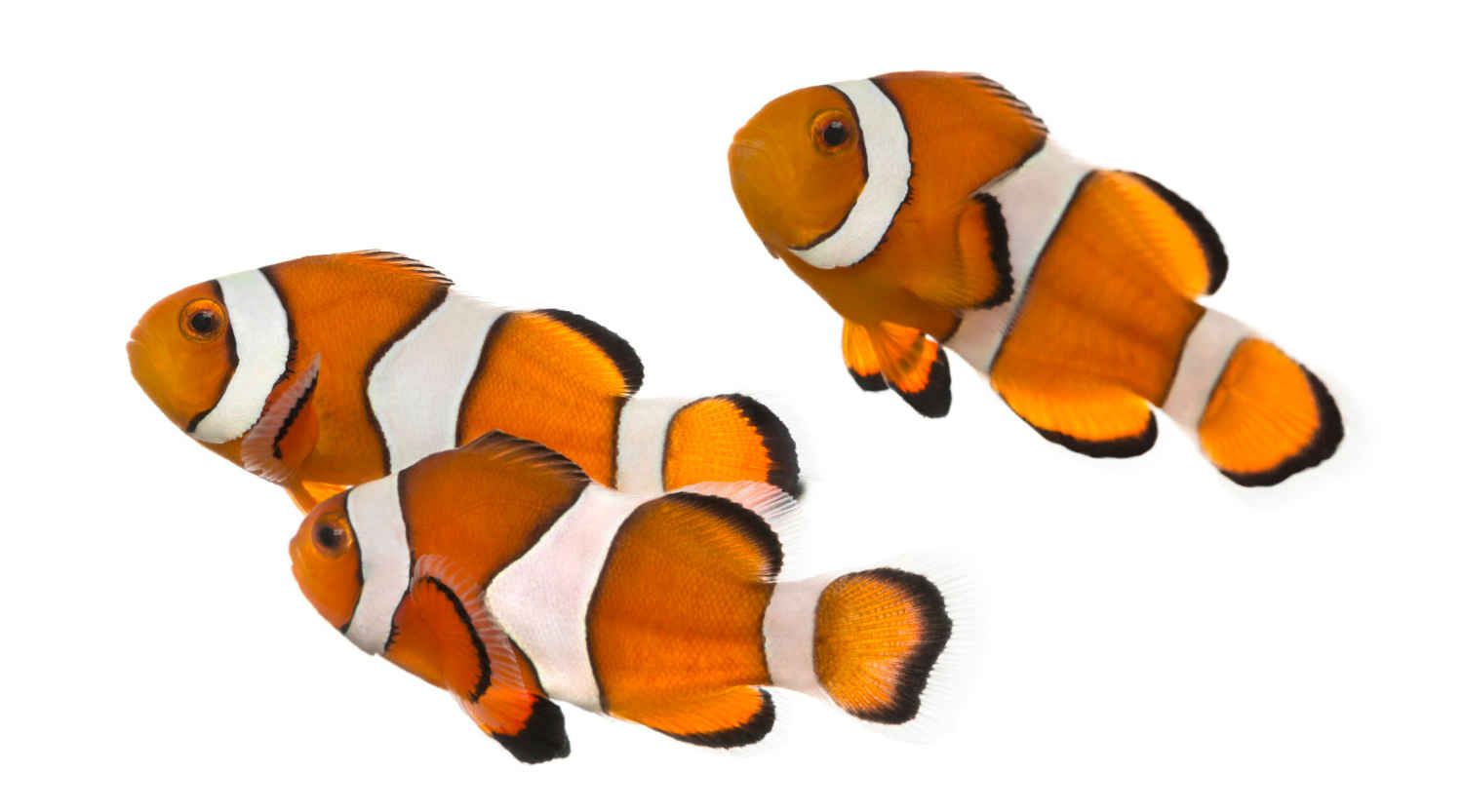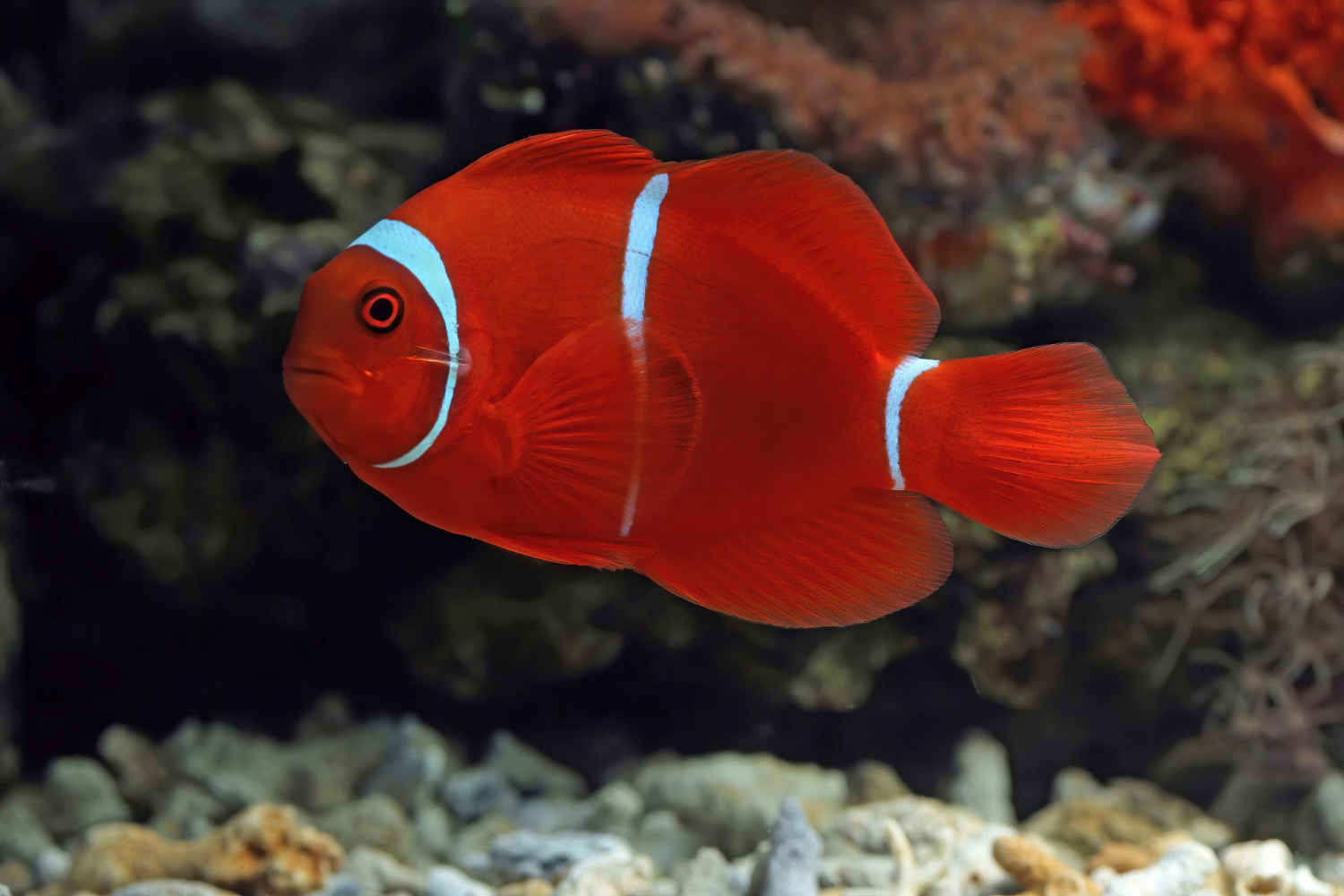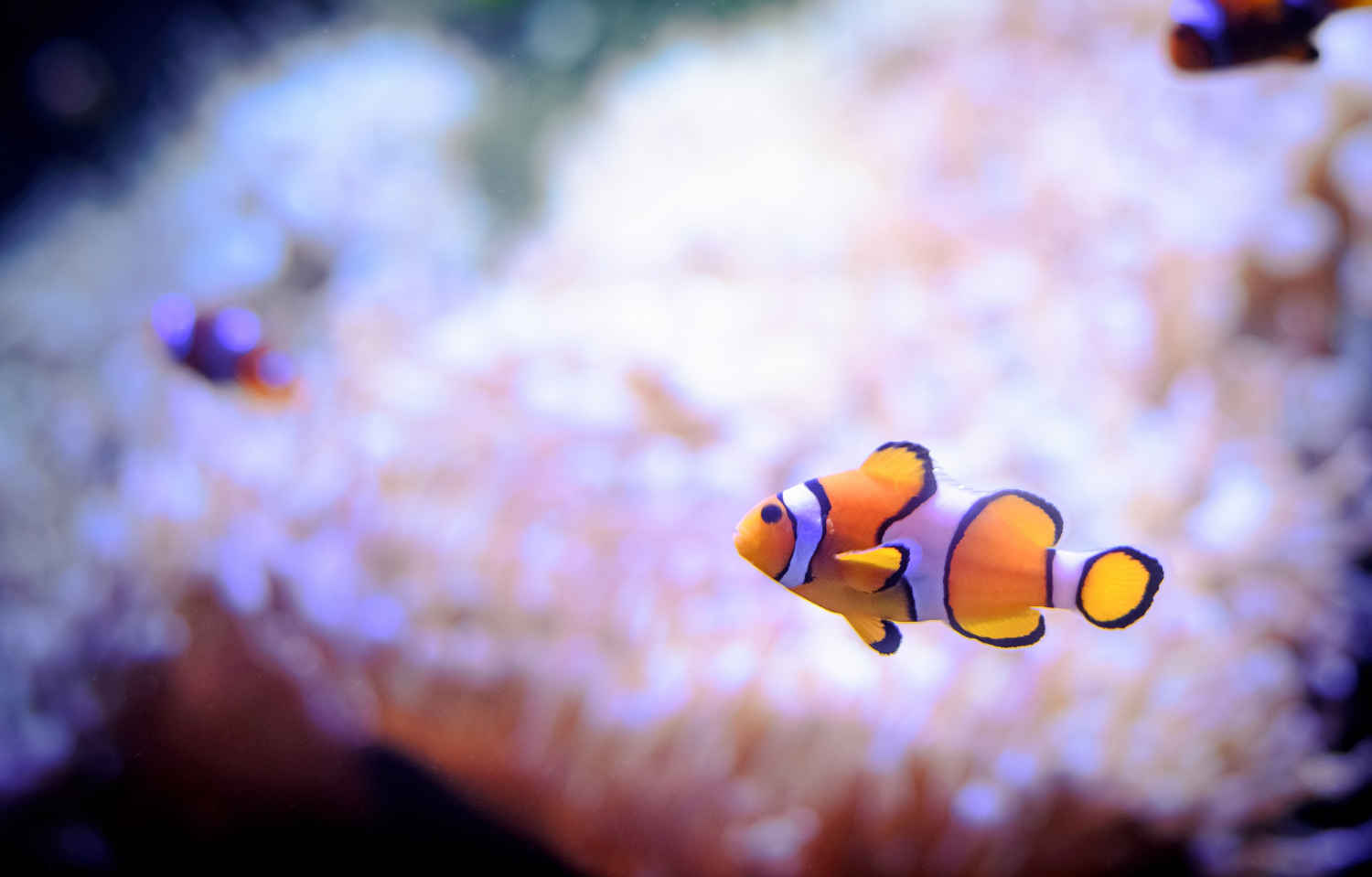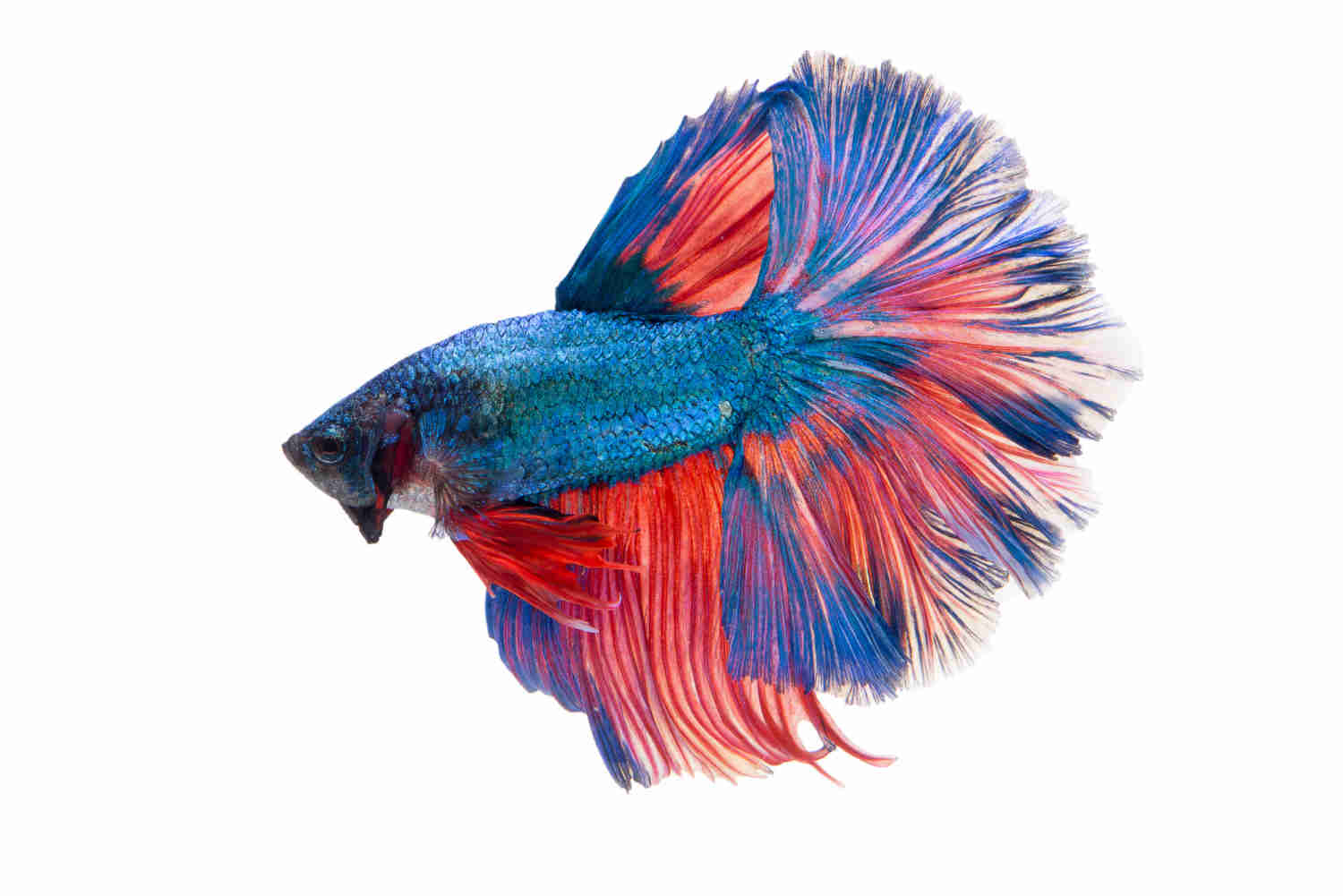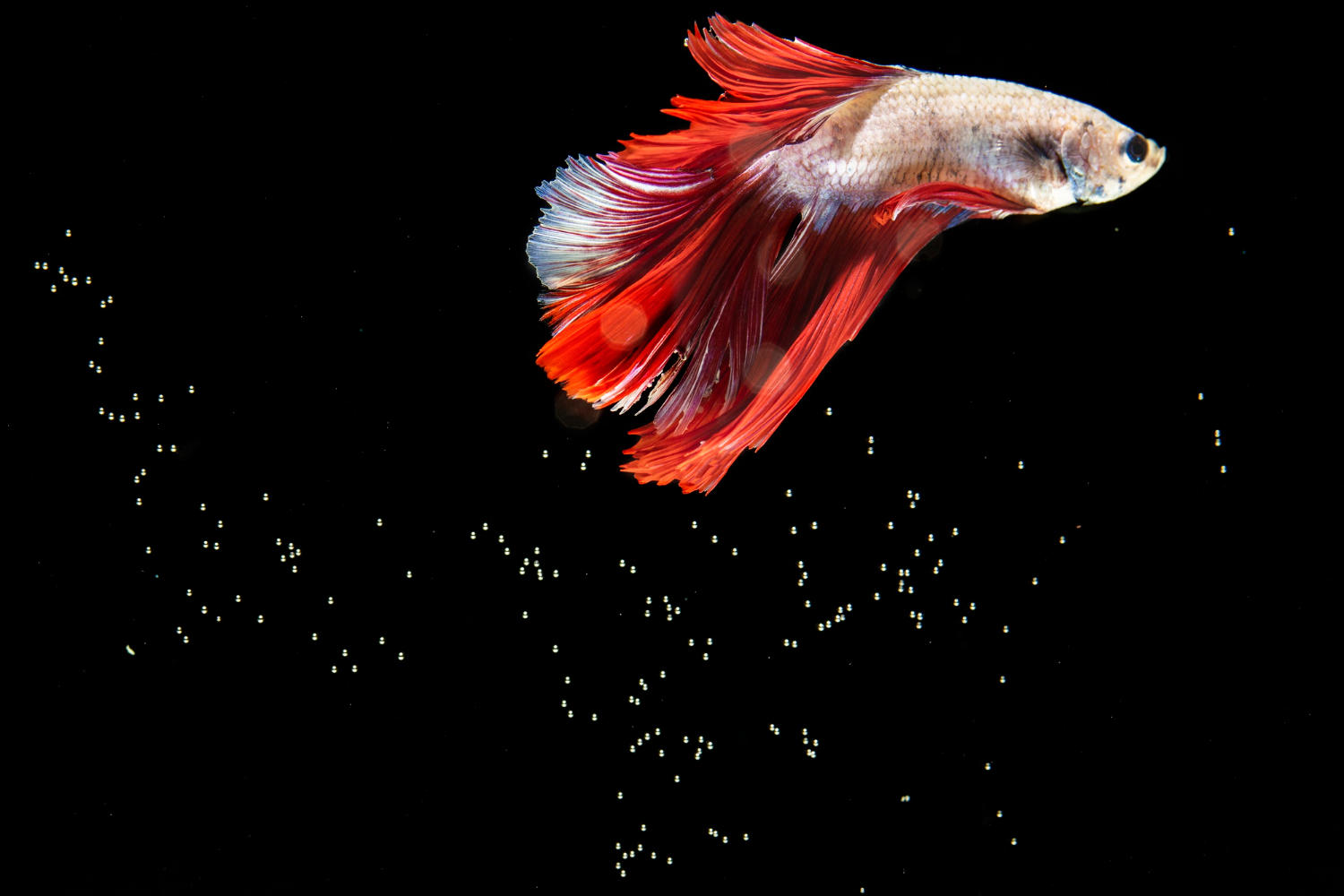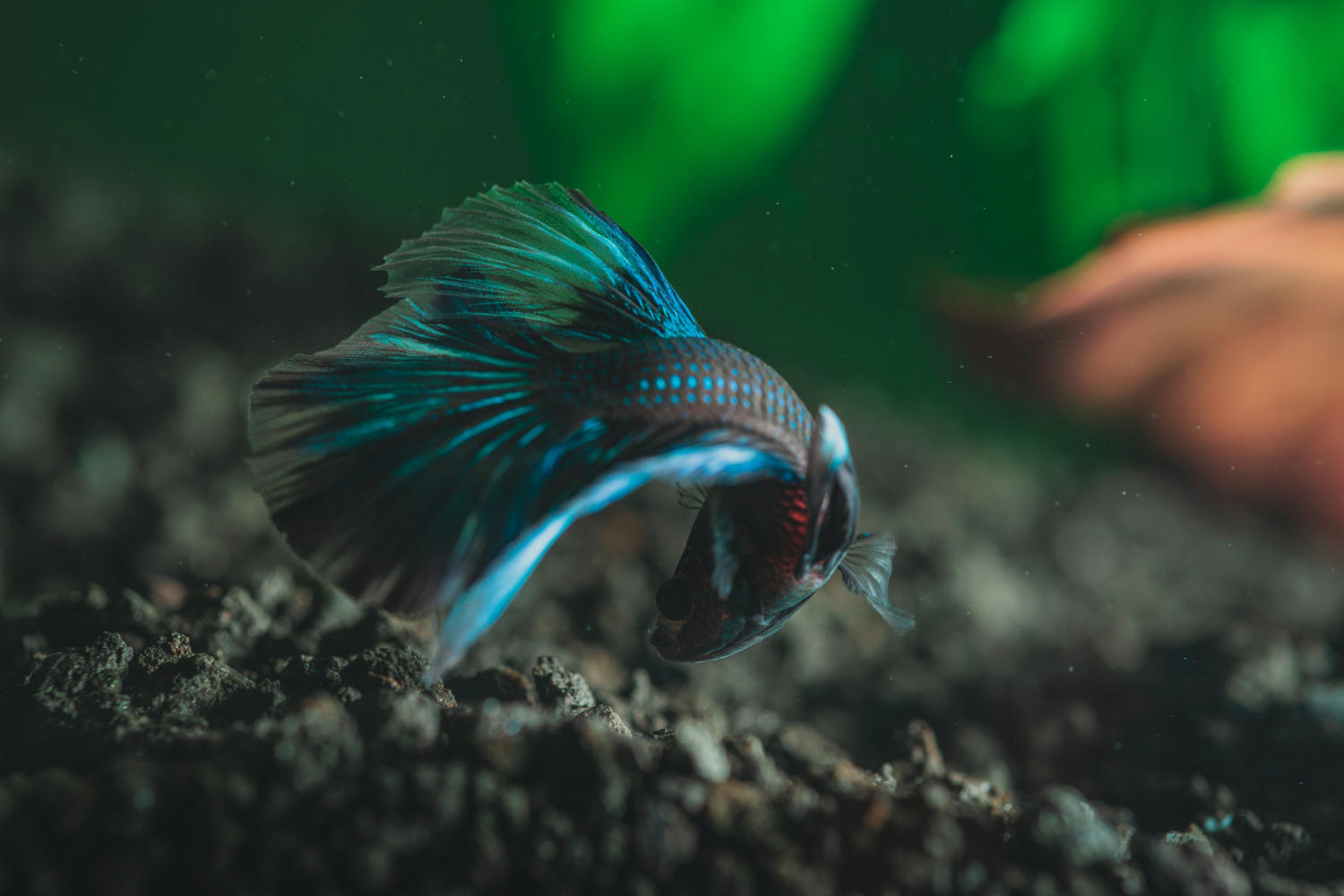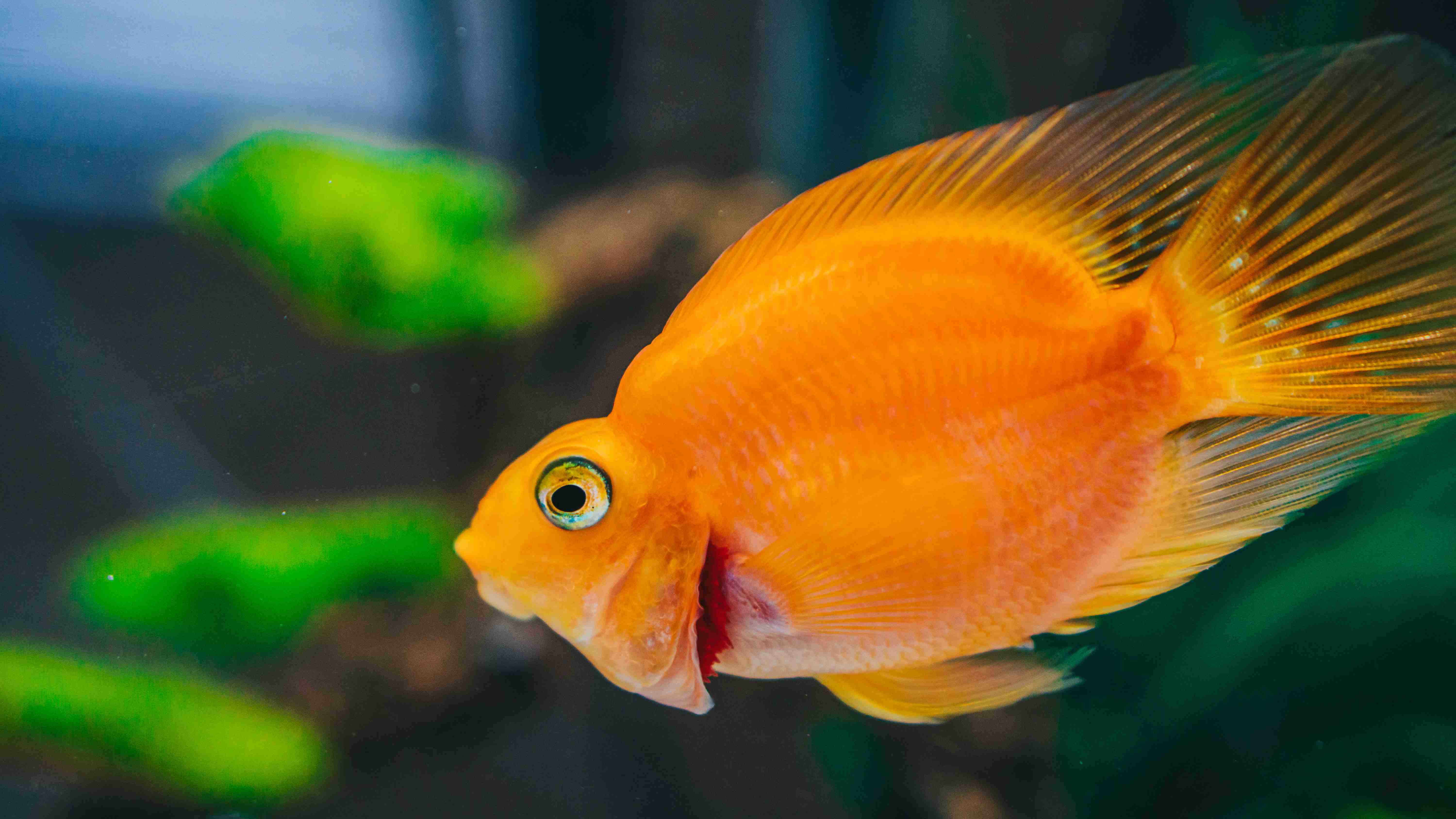If you’re a fish owner, you probably want to know how long your finned friend will live in captivity. After all, providing a comfortable and healthy environment for your fish to thrive is crucial for their longevity. But, how long do fish typically live in captivity? And what factors affect their lifespan? In this post, we’ll explore the different factors that can impact the lifespan of captive fish and provide some tips on how you can help your fish live a long and healthy life. So, let’s dive in and explore the fascinating world of fish lifespan!
Fish are one of the most popular pets to keep at home due to their vibrant colors and relaxing presence. However, many fish owners often wonder how long their aquatic pets will live in captivity. The lifespan of a fish varies based on the species and the conditions in which they live. In this blog post, we will explore the lifespan of captive fish and provide tips on how to help your fish live a long and healthy life.
Lifespan of Different Fish Species
Fish come in all shapes and sizes, and their lifespans can vary greatly. Some species of fish can live up to 30 years in captivity, while others may only live for a few months. Here is a list of some common fish species and their average lifespans:
– Goldfish: Goldfish are the most common fish species kept as pets, and they can live up to 20 years in captivity if given proper care.
– Betta Fish: Betta fish, also known as Siamese fighting fish, can live up to 5 years in captivity.
– Guppies: Guppies are small, colorful fish that can live up to 2 years in captivity.
– Angelfish: Angelfish can live up to 10 years in captivity if given proper care.
– Neon Tetras: Neon tetras are small, brightly colored fish that can live up to 5 years in captivity.
– Discus Fish: Discus fish are known for their vibrant colors and can live up to 10 years in captivity.
Factors That Affect Fish Lifespan
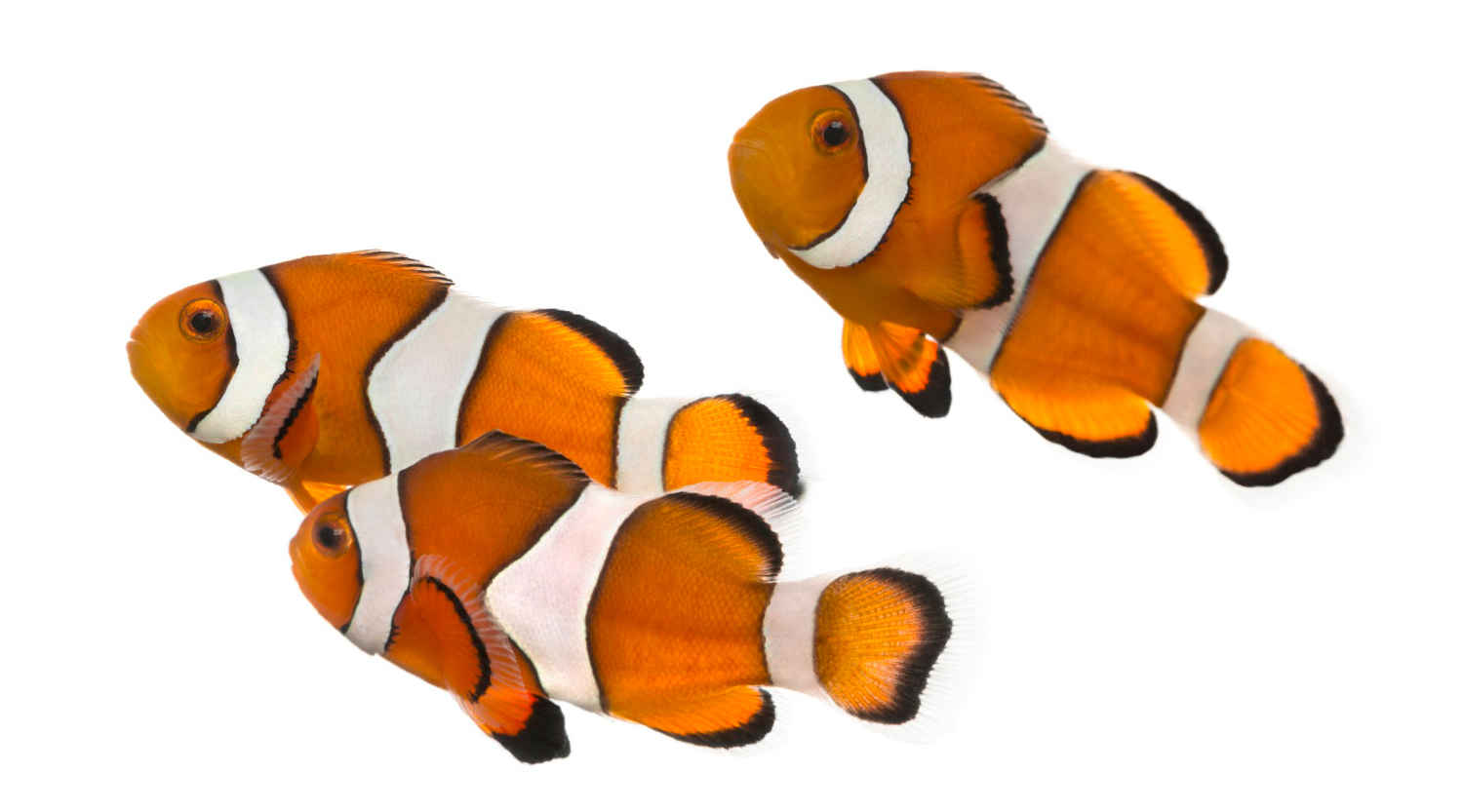
The lifespan of a fish is influenced by various factors, including:
– Water quality: Poor water quality can lead to diseases and infections that can shorten a fish’s lifespan. It is essential to keep the water in your fish tank clean and properly filtered.
– Diet: Feeding your fish a well-balanced diet is crucial to their health and longevity. Different fish species have different dietary requirements, so be sure to research the specific needs of your fish.
– Tank size: The size of the tank is essential for the fish’s overall health and wellbeing. Overcrowding can lead to stress and disease, which can shorten their lifespan.
– Genetics: Some fish species have a genetic predisposition to certain diseases or health problems that can shorten their lifespan.
Tips to Help Your Fish Live a Long and Healthy Life
To help your fish live a long and healthy life, follow these tips:
– Keep the water in your fish tank clean and properly filtered.
– Feed your fish a well-balanced diet that meets their specific dietary requirements.
– Provide your fish with enough space to swim and thrive.
– Monitor your fish for any signs of illness or disease and seek veterinary care if necessary.
– Avoid overfeeding your fish, as this can lead to health problems and a shorter lifespan.
– Research the specific needs of your fish species and provide them with an environment that meets those needs.
Overall, the lifespan of captive fish varies based on the species and the conditions in which they live. Proper care and attention can help your fish live a long and healthy life. By following the tips outlined in this blog post, you can provide your fish with the best possible environment to thrive in captivity. Remember, a healthy and happy fish can bring joy to your life for many years to come.
In conclusion, understanding the lifespan of captive fish is essential for any responsible pet owner. While there are general guidelines for how long certain species may live, it’s important to note that individual circumstances, such as tank size, water quality, and diet, can greatly impact the longevity of your fish. By providing a healthy and stimulating environment for your fish, you can help ensure that they live a happy and fulfilling life in captivity. Remember, your fish are not just pets, but living beings that deserve the best care possible.


